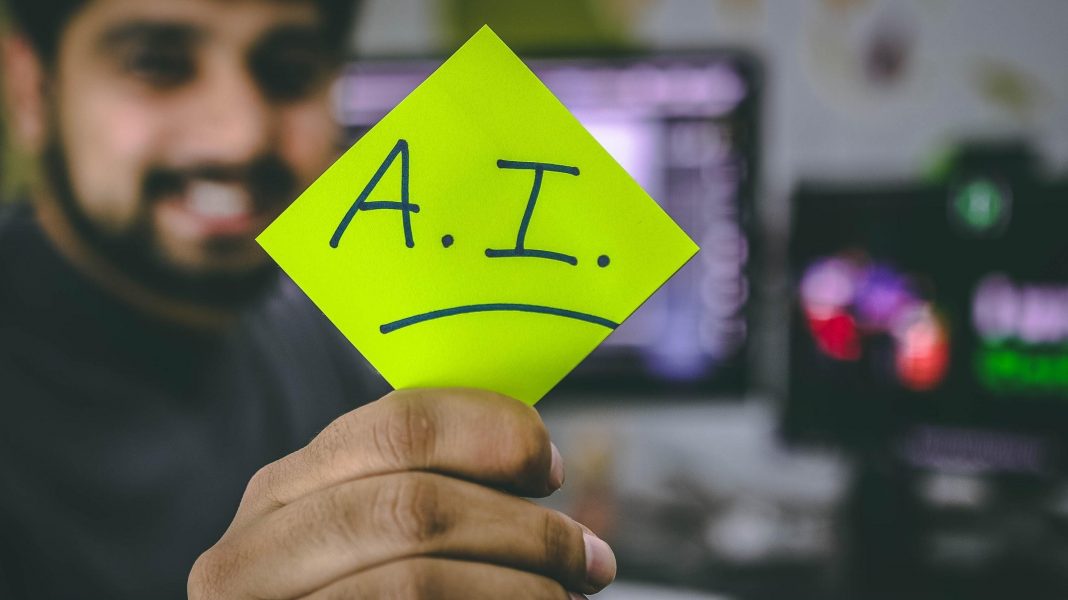”Artificial intelligence has firmly entered our daily lives. AI used by adults, kids, teenagers, students in many parts of everyday tasks. It makes our lives easier and it’s a fact.”
For decades, technology has been the centerpiece of invention and innovation, and would probably remain so even in the unforeseeable future.
The fact that we can access information anywhere, and at any time, is not something to be taken for granted. Today, artificial intelligence (AI) in its many manifestations, both overt and physical, is the future of next-gen civilization.
In this post, you will discover how machines are now technically programmed to work for humans than ever before, and an AI technology is the mainstay of these developments. But, first, let’s explore the basics.
Advanced algorithms and Machine Learning
If you thought mind reading is a reserve for psychologists, then you’ve got to do your homework better. Students in Canada can explore several uses of artificial intelligence in the 21st century when asked to write an essay with the help of a professional essay writer, but that is not all. The best way to understand AI is by exploring the processes that engineer it. Advanced computer algorithms that can study interactions between humans and computers in a process called deep machine learning (ML) are the backbone of AI.
In retrospect, the use of computers has come a long way. You no longer need a PC for Desktop publishing practices such as typing and printing, but also to score the web for vital pieces of information effortlessly. You must have realized for example, anytime you type a search query into searching engines, it is possible to choose from a range of auto-generated or related search phrases/suggestions.
That is artificial intelligence at work, both as a consequence of deep machine learning and predictive modeling, usually depending on your location and recent searches.
AI Is Everywhere: Examples of Everyday Use
It is not just your everyday web searches that feel different and interactive. The impact of artificial intelligence in everyday life reeks of far-reaching consequences, both positive and negative. As years roll on, many people are beginning to question how AI will, for example, affect job security of employees when robots like Sophia from Hansson Robotics take over. The most worrying of all is that AI-run devices are able to learn and acquire new skills over time, something which brings to the fore a huge concern.
Will there come a time when humans will lose control over sophisticated machines and weapons that operate of the premise of advanced algorithms? Well, that is food for thought and perhaps, a topic for another day.
In the meantime, let’s explore present situation-Is your life affected already, and what would go for a good example of artificial intelligence today? Well, find out in the next sections:
- Smart Homes and Alexa
The revolution is here. Smart homes continue to grab media attention in the 21st century, and it is all thanks to AI. If you already own Amazon echo, then you’ve probably wired your house in such a way that Alexa, a sound interface bot is in the mix. Whether it is switching off lights in the living room, turning on the entertainment system, doing tricks on your smart refrigerator, playing your favorite tunes after a long day at the office, smart homes engineered by AI are the new cool.
- Human Resource and Customer Support
Companies are embracing AI at a terrific speed. From selecting prospective employees based on their skill sets, sifting messages and packaging information, email auto-responders, chatbots to recruitment and task delegation processes, artificial intelligence is gaining traction in companies/organizations. PayPal, an online Money transfer platform, and Upwork, a web-based freelance marketplace now use chatbots. For someone who hasn’t interacted with AI, it would probably take you a few more minutes to realize it is not a human responding to your message/call on the other end, but a bot.
- Big Data Analysis in Marketing and Research
In marketing and research, data is everything. But, filtering through tons of information wouldn’t be possible without AI playing a part. Big data, for example, is an area that has got a major boost since the advent of deep machine learning. Companies that rely on advanced computer algorithms no longer need manual collation and analysis of data from different points, but rather, AI-driven systems make the work of data analysts a breeze. Another example is predictive modeling, which is now very popular with Facebook, YouTube, Amazon and Netflix.
Come to think about it. How many times have you wondered why whenever you order something from Amazon, similarly recommendations appear or get sent to your email inbox? Or, phrases like ‘similar posts you’ve interacted with,’ on Facebook? Well, that’s AI at work, and it can only get better. Think about similarities in movie suggestions on Netflix after watching a favorite show or videos on YouTube, and you will begin to understand how AI works.
- Self-Driving Cars and Drones
Forget about Telsa cars that are able to learn new road rules and in the process making your driving experience a breeze, thanks to AI, and start focusing on auto-pilot drones and self-driving cars. While they are purely technological in alignment with improvements in human civilization, the big Sam behind such cutting-edge innovations is artificial intelligence.
- Virtual Assistants in Smartphones
You wouldn’t want to end a discussion on AI without exploring its workings on smartphones. Whether it is asking to Microsoft’s Cortana to look up for information on the web related to who can write my essay for me, conversing with Apple’s Siri about weather condition of the day, or using Google Assistant to order Uber or plan appointments, the power of AI in virtual assistants is mind-boggling. For a student, it is the next frontier in academia and with the help of a Canadian writing service, researching on it should be a breezy experience.
The Bottom Line
Forecasts on how AI is shaping up the future of human civilization are not without a doubt, hinged on its present manifestations. From security and surveillance, EdTech to telepresence (future a possibility), smart technologies are here to stay, and the fact that AI is set to pump more than 15 trillion dollars in the global economy according to economic stats means we can only buckle up for a future that is already here.





